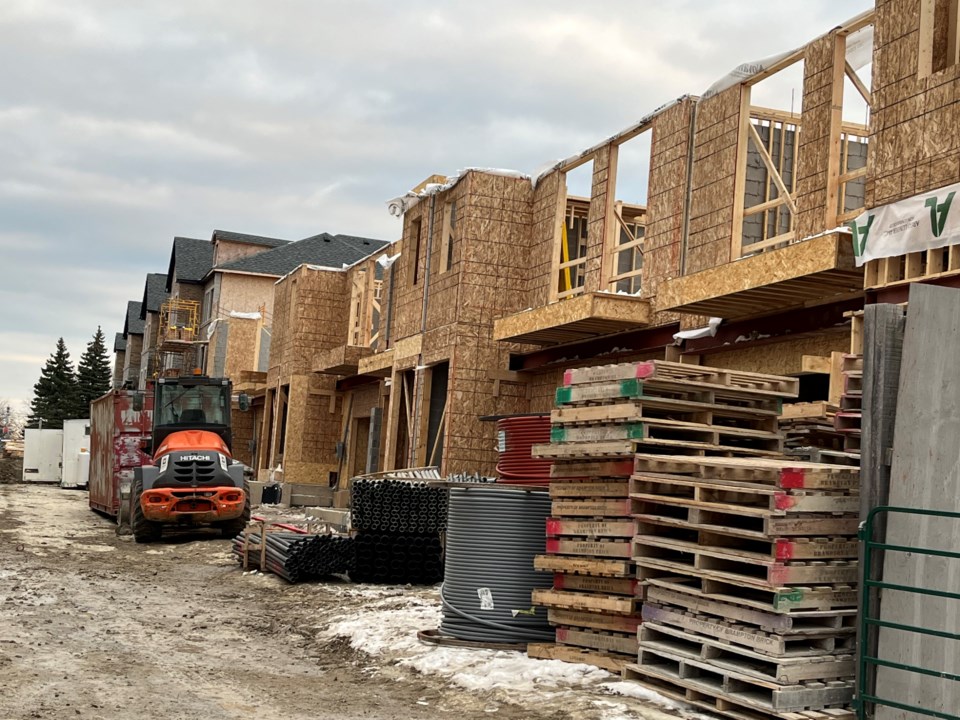Many foreign real estate investors are now banned from the Newmarket housing market, but local realtors do not expect a large impact.
A federal two-year ban on foreign homebuyers came into effect Jan. 1, prohibiting them from purchasing residential properties. The ban aims to increase homes available to Canadians.
But some real estate experts have expressed skepticism about the impact of the policy change. Wasim Jarrah, CEO of an Aurora-based real estate team, said there are not enough foreign home buyers for the policy to have a large effect.
“The impact will be minimal, and I think the government needs to focus their attention on creating more supply,” he said, adding that the number of investors “is still very low in comparison to the total number of transactions and I don’t think that ban will have a huge effect whatsoever.”
The latest numbers from Statistics Canada on the topic showed only a 3.1 per cent market participation from non-residents in 2019, up to 3.4 per cent in 2020. Jarrah said that has stayed relatively consistent over the years.
The ban also offers some exceptions for those with temporary work permits, refugee claimants and international students. The ban also does not apply to buildings with more than three dwelling units and recreational properties like cottages and vacation homes.
Newmarket broker Darcy Toombs said he is unsure of the impact and that he does not see foreign home buyers in the local resale market. He said foreign investment tends to go toward new construction in places like Newmarket, but many of those deals are complete.
“There’s not a lot of new inventory coming on the market for builders right now because of all the supply chain shortages and changes,” he said. “But as far as the resale market, I don’t think (the ban) is going to really change anything.”
But the federal government has continued to hone in on foreign investment as part of its housing policy platform, making it a key point in the 2022 budget.
"For years, foreign money has been coming into Canada to buy residential real estate. This has fuelled concerns about the impact on costs in cities like Vancouver and Toronto and worries about Canadians being priced out of the housing market in cities and towns across the country," the government said of the policy in the budget.
"The government will continue to monitor the impact that foreign money is having on housing costs across Canada and may come forward with additional measures to strengthen the enforcement of the proposed ban if necessary."
Toombs said that rising interest rates are making a bigger impact on the housing market, which has declined in recent months. He said rampant speculation has made things less affordable, and interest rates could be a way for governments to help address that.
“It’s a real tough problem to fix, and I don’t think there are any real easy answers that the majority of Canadians are going to get behind,” he said.
Investors will always see Canadian real estate as safe, Jarrah said, but that does not necessarily mean many are rushing to purchase at any cost.
He said adding more supply, including rentals, will be important to address housing going forward.
“Governments need to always look at the future and not react today for the issues that happen 10 years ago,” he said. “Identify what are the immigration trends, what are the types of properties that we need and the types of homes that we need to be able to house people. We also need to make affordable housing a priority.”


